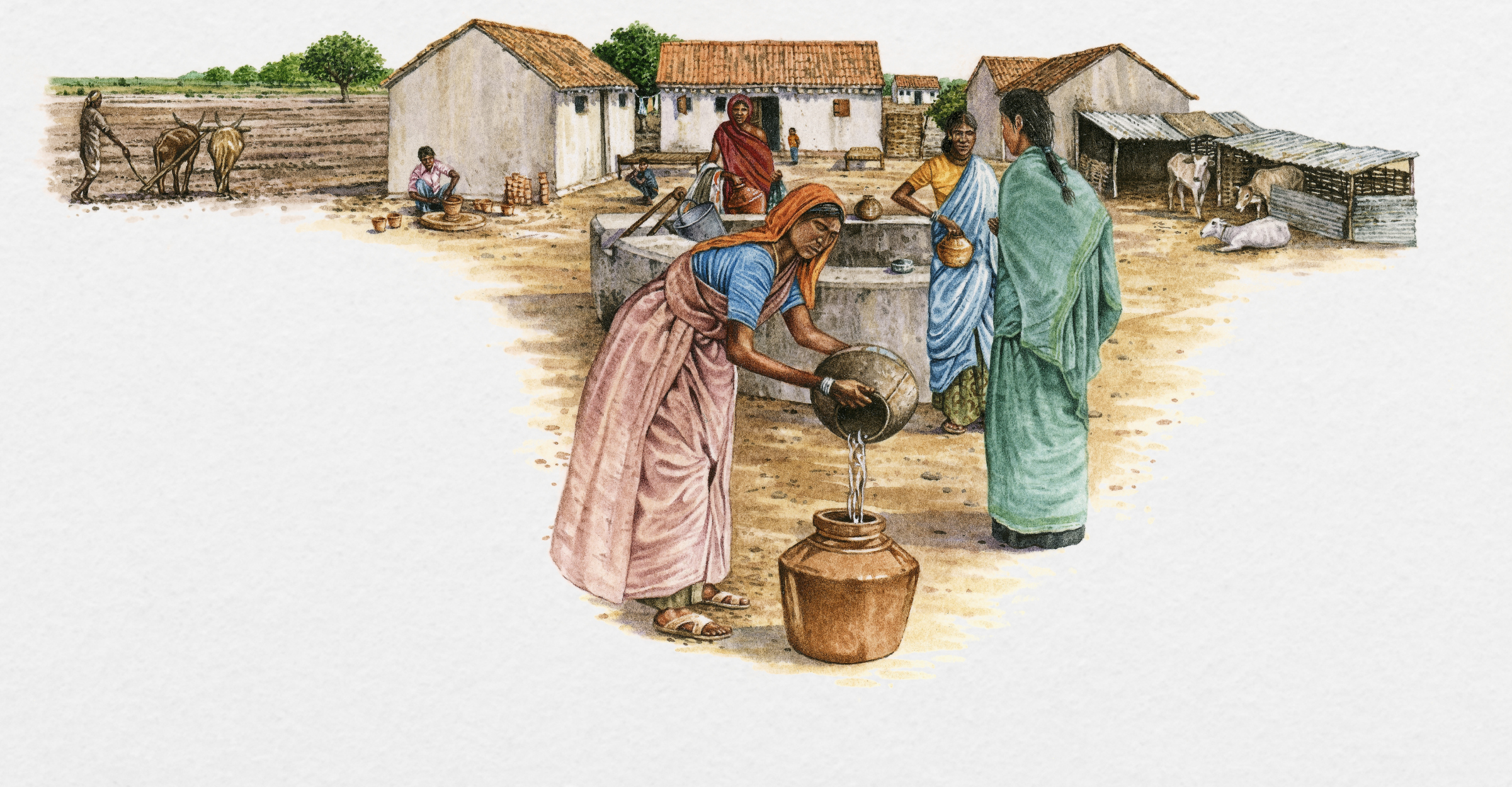— Ankur Verma
For long I pondered over one particular question “Why have we developed the way we did?” “Wealth of Nations” by Adam Smith provides a fitting answer as to why have we discounted environmental and social concerns as against economic gains. But there must also be several  geo-political factors that governed national/international policies at large which shaped our world as we see it today. Exploring these issues and studying it in detail forms the core of my research and I am glad to share my learning experience here.
geo-political factors that governed national/international policies at large which shaped our world as we see it today. Exploring these issues and studying it in detail forms the core of my research and I am glad to share my learning experience here.
Answers to most of my questions came though the course on “Age of Sustainable Development” by Prof Jeffrey D. Sachs at Columbia University. As a reputed economist and advisor to UN, Prof Sachs was influential in drafting Millennium Development Goals and is currently working towards Sustainable Development Goals for beyond 2015. And thus, he has discussed at length over challenges of poverty, oversized population, causes and consequences of unequal development and the need for change from business as usual trajectory towards a more sustainable path. Spread over a span of 14 lecture series, he has touched on wide range of issues from causes of outbreak of industrial revolution to technological waves of change and present challengesof surpassing planetary boundaries, model governance as well as what lies ahead and what should we do now.
Key concept introduced here to counter differential development is “official development aid/assistance” to poor economies from the rich ones to help them come out of viscous cycle of poverty. And once the troubled economy gains on path of development, he argues, it becomes easy to break out of poverty trap and enter the virtuous cycle of development,either through boost in industrial production through increased investments or trade gains. Though this concept is heavily debated among other economists who caution against debt trap, a key takeaway from this course is that not all assistance needs to be in form of monetary aid. Learning from his experiences in Malawi, Chile, India and Bangladesh etc, he proposes a “Clinical Method”approach which requires a detailed analysis of current situation of country based on a checklist of 7 categories and then seek for assistance in appropriate form as required.
It’s really good news that this course is available for free at “Coursera” where you can learn at your own pace. I recommend to each individual to go through the course so as to fully appreciate the intellectual depth of discussions and gain key insights into our trajectory of development as well as understand the challenges associated with it. There is also handful of data available for your own analysis and lot of literature and supported reading materials to better grasp the picture. And you can always post your doubts and join discussions with peers on “Discussion Forum” for the course. In conclusion, it is must take project, if questions about growth and equality plague your mind as well.











Recent Comments